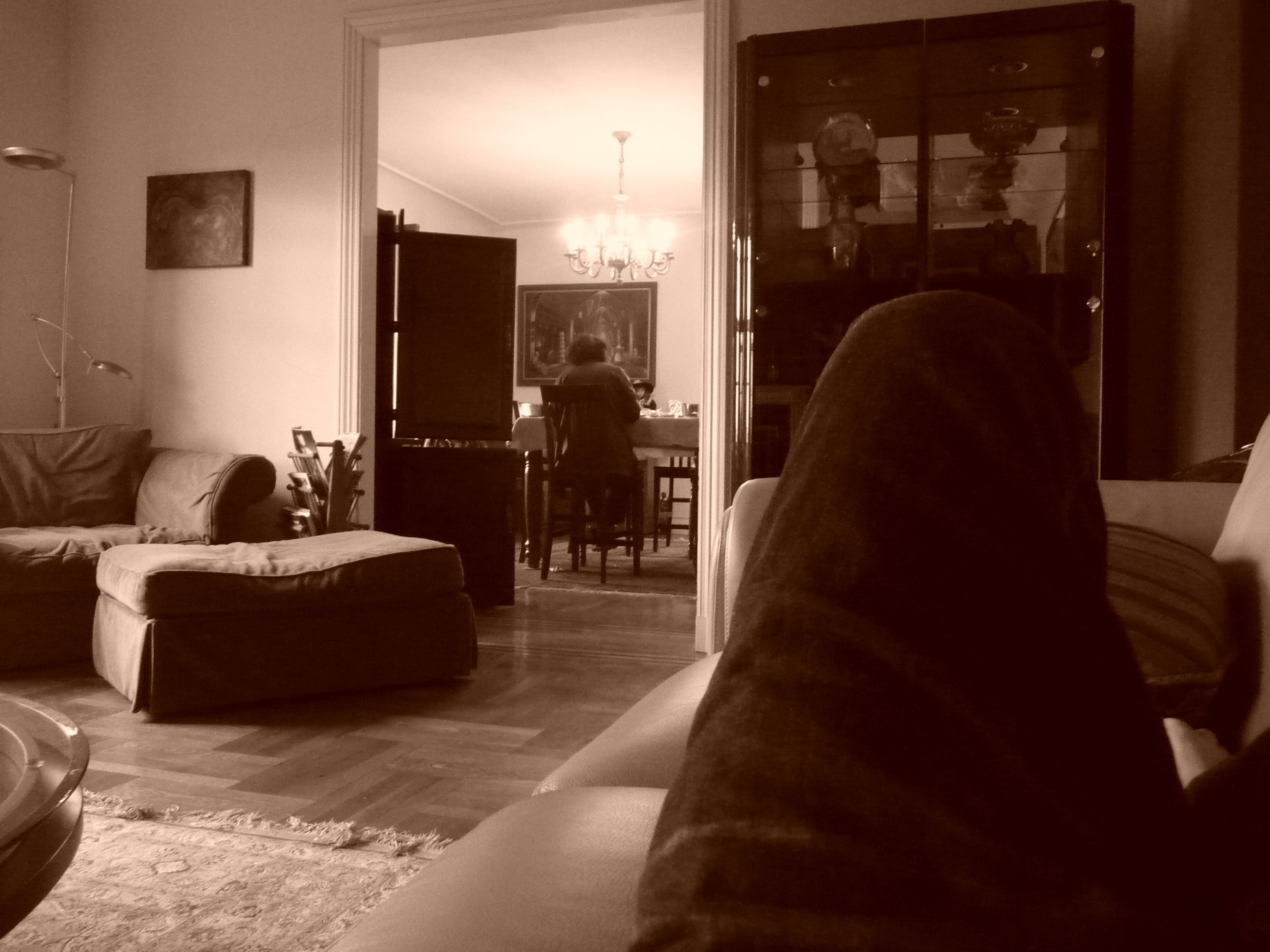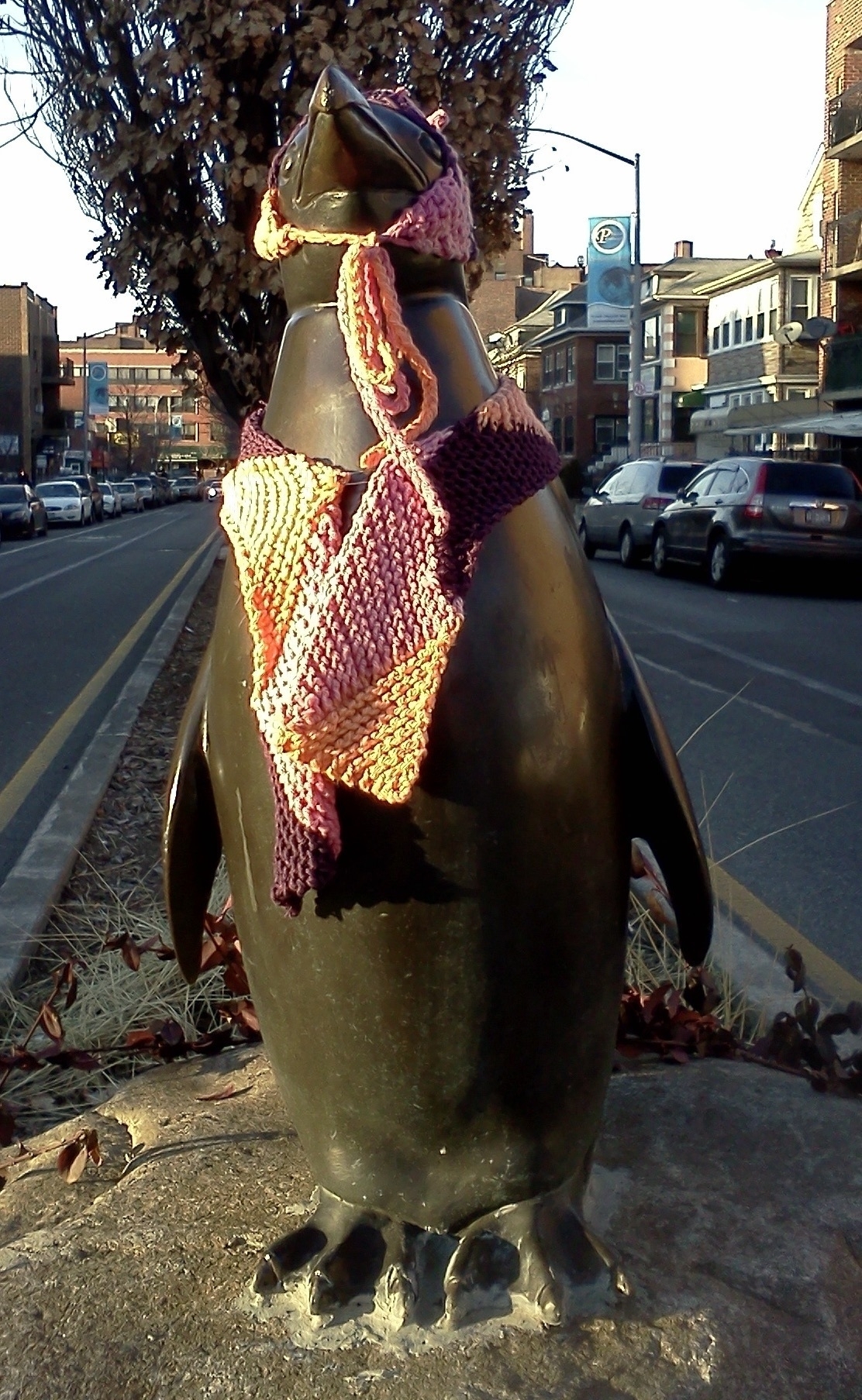



Do American Jews speak a Jewish Language? A very interesting talk:

Yes.

I love it when a sequence of lessons comes together!
I just published the latest issue of my newsletter: Standing With Ukraine Also Means Paying Attention To Its Larger Context.


Currently reading: A Slow Green Sleep by Jonathan Weinert 📚
This is really good as well:
This is an amazing jam. Joe Walsh, Ringo Starr and others on Funk #49.
A question for people who use Academia.edu: Is the premium plan worth it? If you do find it worth the money, how do you use it? On the free plan, I post PDFs of material that I think are of interest to scholars and writers. Wondering if I should do more with the platform.

They look like muppets:


Currently reading: Secure Your Own Mask (White Pine Poetry Prize) by Shaindel Beers 📚
Closely observed poems that illuminate the interior of trauma, the way it reorganizes your life, and what it costs to find moments of grace as you reclaim your life from it.



The view from the couch.

Two views.


When the content of the book of poems you’re reading really matters and should be compelling, but you keep getting distracted by the absence of craft. Not the art of apparent artlessness, but the poet’s seeming belief that line breaks are what make a poem a poem.
These were above our fireplace.

Another flower from who-knows-when-or-where. I need to learn to keep track of when and where I take pictures.
